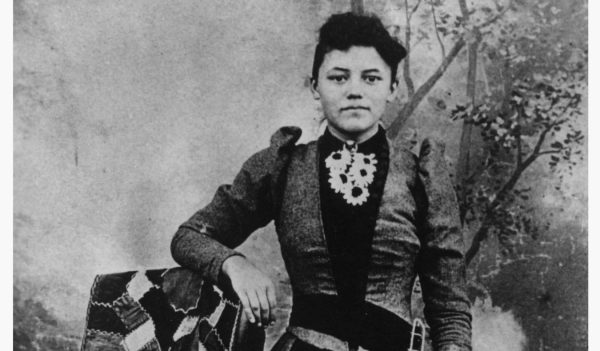Good Samaritan Law aims to protect both parties in the event of an overdose
April 12, 2019
The chance of surviving an overdose, like that of a heart attack, greatly depends on the speed with which the victim receives appropriate medical care.
While Appalachian State University has an Alcohol Medical Amnesty Policy designed to protect students facing alcohol-related emergencies, the North Carolina Good Samaritan Law includes protections for those who are present at the scene of a drug overdose and seek immediate medical assistance.
Watauga County Sheriff Len Hagaman said the law aims to help people who are unresponsive, and to overcome the obstacle of people being afraid to call for help
“These types of emergencies require vigilance among community members to be aware of the signs of overdose and the Good Samaritan Law,” Hagaman said.
The statewide, 911 Good Samaritan Law provides immunity for both the person reporting the overdose and the overdose victim from prosecution for possession of small amounts of drugs, drug paraphernalia, or underage drinking, according to NC Department of Health and Human Services.
Additionally, the 911 law has naloxone access components making the use of naloxone or Narcan, legal. Naloxone is an opiate antidote which reverses drug overdose from opiates, thereby saving the life of the victim.
Opioids can slow or stop a person’s breathing, which causes death. While naloxone restores the overdose victim’s breathing, the law allows for a bystander to administer the drug, acting as a bridge between the call to 911 and when help arrives, according to the North Carolina Harm Reduction Coalition.
Narcan is only effective for overdose cases caused by opioids, Hagaman said, a big problem is that many drugs on the black market are now mixed with Fentanyl, a synthetic opioid.
“It’s scary, users have no idea what’s in the drugs they’re taking,” Hagaman said. “The problem in Watauga County isn’t under control.”
Since the beginning of 2019, Boone Police have carried Narcan for overdose reversal, Hagaman said, but the Watauga County Sheriff’s Department has used the drug since 2017.
“Since we’ve been using this reversal drug, we’ve been able to prevent more than 20 overdoses to date.”
For more information on the Good Samaritan Law and naloxone visit: http://www.nchrc.org/programs-and-services/911-good-samaritan-laws-naloxone-access-and-syringe-law-in-nc/











